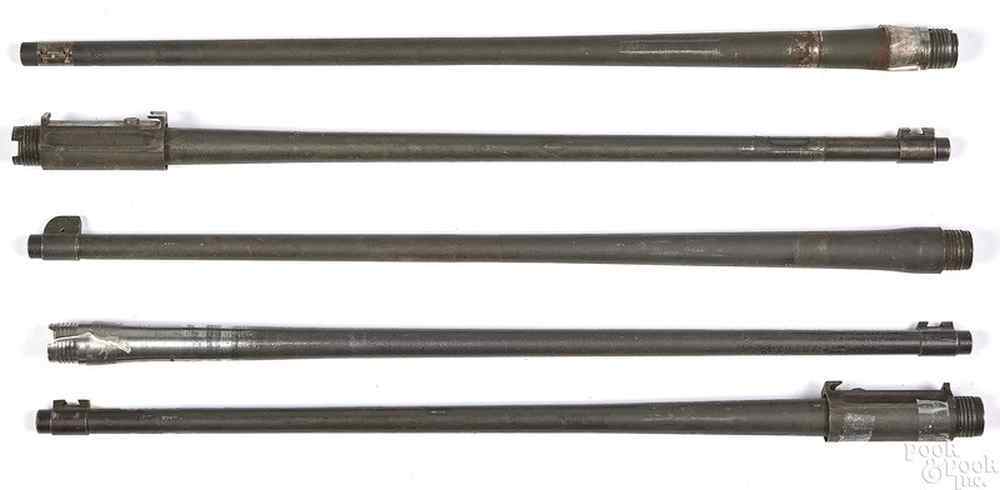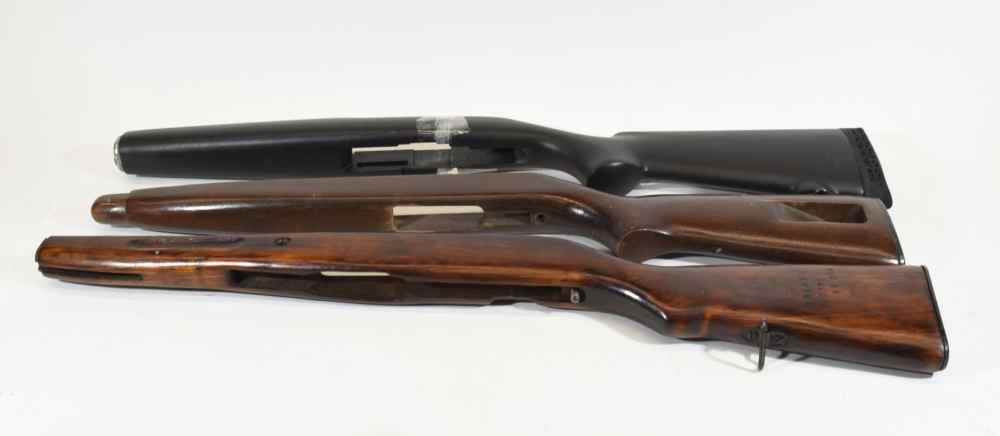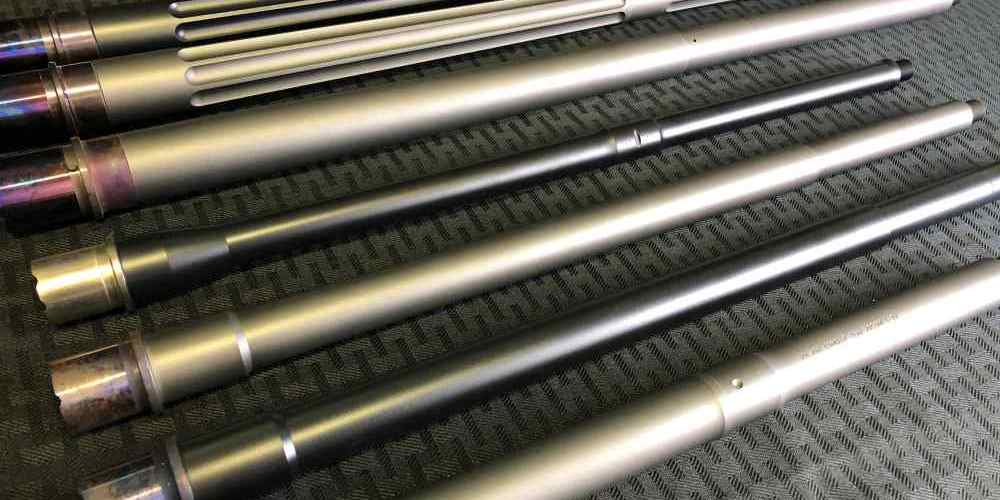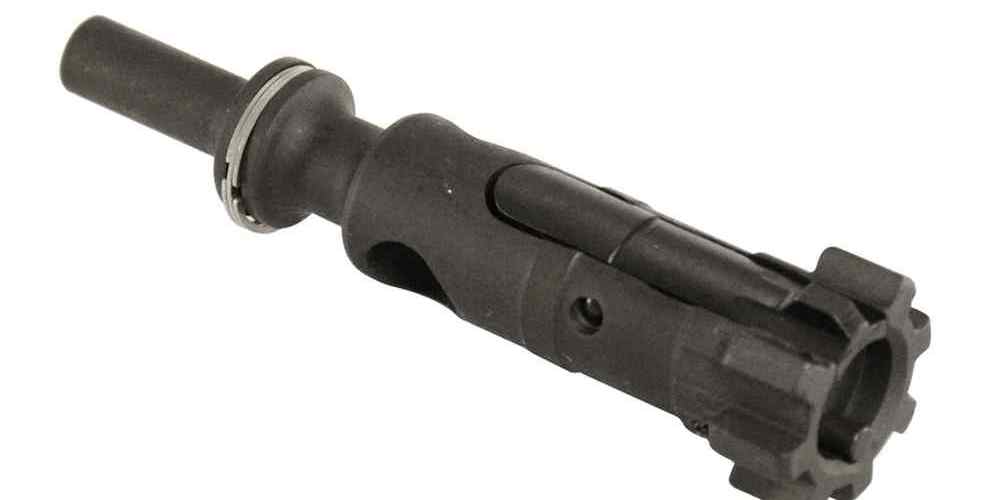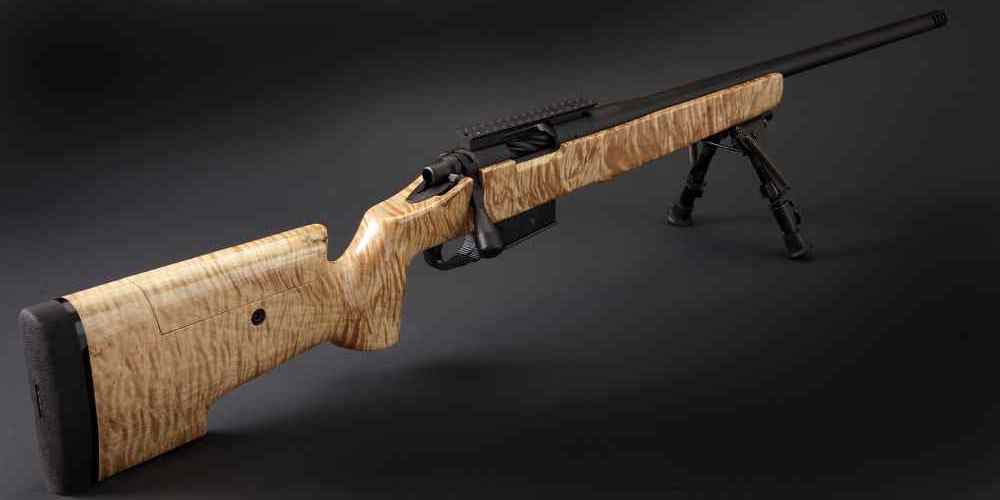“Choosing the right stock for your rifle: weighing the benefits of folding vs. fixed options.”
Weight and Portability
When it comes to choosing a rifle stock, one of the key factors to consider is weight and portability. The type of stock you choose can have a significant impact on how easy it is to carry and maneuver your rifle, especially if you plan on using it for extended periods of time or in challenging terrain.
One of the main advantages of a folding stock is its ability to reduce the overall weight of the rifle. By allowing the stock to fold up against the receiver, you can make the rifle more compact and easier to carry. This can be particularly useful if you need to transport your rifle over long distances or through tight spaces. Additionally, a folding stock can make it easier to store your rifle when not in use, as it takes up less space than a fixed stock.
However, there are some drawbacks to consider when it comes to folding stocks. One of the main concerns is that they may not be as sturdy or durable as fixed stocks. Because folding stocks have moving parts, there is a risk that they could become loose or damaged over time, especially if they are subjected to rough handling or heavy use. This could potentially affect the accuracy and reliability of your rifle.
On the other hand, fixed stocks are known for their stability and durability. Because they are a solid piece of material that is permanently attached to the rifle, fixed stocks are less likely to become loose or damaged. This can be particularly important if you plan on using your rifle in harsh conditions or for activities like hunting or shooting competitions where accuracy is crucial.
However, the downside of fixed stocks is that they can add extra weight to the rifle. This can make it more difficult to carry and maneuver, especially if you are hiking long distances or navigating through dense vegetation. Additionally, fixed stocks can make it harder to store your rifle in a compact space, as they do not have the ability to fold up like a folding stock.
In conclusion, when it comes to choosing between a folding stock and a fixed stock for your rifle, there are several factors to consider. If weight and portability are your main concerns, a folding stock may be the better option, as it can help reduce the overall weight of the rifle and make it easier to carry and store. However, if durability and stability are more important to you, a fixed stock may be the way to go, as it is less likely to become damaged or loose over time.
Ultimately, the best choice will depend on your individual needs and preferences. It may be helpful to try out both types of stocks before making a decision, to see which one feels more comfortable and practical for you. Whichever option you choose, be sure to take good care of your rifle and stock to ensure that it performs well for years to come.
Accuracy and Stability
When it comes to choosing a rifle stock, one of the key decisions you’ll need to make is whether to go with a folding or fixed stock. Both options have their own set of pros and cons, particularly when it comes to accuracy and stability.
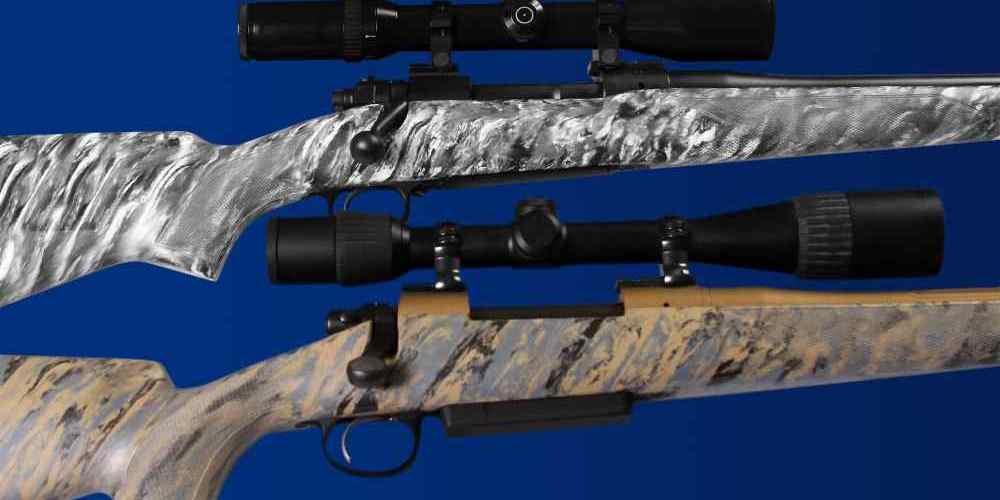
Let’s start by looking at folding stocks. These stocks are designed to fold to the side of the rifle, making the overall length of the weapon more compact. This can be a huge advantage for those who need to transport their rifle in tight spaces or for hunters who need to move through dense brush. Additionally, folding stocks can make it easier to store your rifle in a gun safe or case.
However, there are some drawbacks to folding stocks when it comes to accuracy and stability. Because folding stocks are typically made of lighter materials to facilitate the folding mechanism, they may not provide as much stability as a fixed stock. This can result in increased recoil and decreased accuracy, especially when shooting at longer distances.
On the other hand, fixed stocks are known for their stability and consistency. These stocks are typically made of more durable materials, such as wood or synthetic materials, which can help absorb recoil and provide a solid platform for shooting. Fixed stocks are also less likely to shift or move during shooting, which can help improve accuracy.
That being said, fixed stocks do have their own set of drawbacks. One of the main disadvantages of fixed stocks is their lack of adjustability. Unlike folding stocks, which can be adjusted for length of pull, fixed stocks are typically set at a specific length. This can be a problem for shooters who have different body types or shooting preferences.
In conclusion, when it comes to accuracy and stability, both folding and fixed stocks have their own set of pros and cons. Folding stocks are great for those who need a compact and portable option, but may sacrifice some stability and accuracy. Fixed stocks, on the other hand, provide excellent stability and consistency, but lack the adjustability of folding stocks.
Ultimately, the best choice for you will depend on your specific needs and preferences. If you prioritize portability and compactness, a folding stock may be the way to go. However, if stability and accuracy are your top priorities, a fixed stock may be the better option. Whichever you choose, make sure to practice with your rifle stock choice to ensure you are comfortable and accurate when shooting.
Durability and Longevity
When it comes to choosing a rifle stock, one of the key considerations is whether to go with a folding or fixed design. Both options have their own set of pros and cons, particularly when it comes to durability and longevity.
Fixed rifle stocks are known for their solid construction and stability. They are typically made from high-quality materials such as wood, fiberglass, or synthetic polymers, which can withstand the rigors of regular use. Fixed stocks are also less prone to wear and tear compared to folding stocks, as they do not have moving parts that can break or malfunction over time.
In terms of longevity, fixed stocks have a clear advantage. Since they are built to be sturdy and reliable, they can last for many years without needing to be replaced. This makes them a cost-effective option for shooters who want a stock that will stand the test of time.
On the other hand, folding stocks are popular for their compact design and ease of transport. They are ideal for shooters who need to carry their rifle in a backpack or vehicle, as they can be folded down to a smaller size for convenient storage. This makes them a great choice for hunters, hikers, and other outdoor enthusiasts who need a lightweight and portable option.
However, folding stocks are generally not as durable as fixed stocks. The moving parts and hinges can be prone to damage, especially if they are not properly maintained. This can lead to issues such as wobbling or loosening over time, which can affect the accuracy and performance of the rifle.
In terms of longevity, folding stocks may not be as reliable as fixed stocks. The constant folding and unfolding can put strain on the hinges and other components, which can lead to premature wear and tear. This means that shooters may need to replace their folding stock more frequently than a fixed stock, which can be an added expense in the long run.
Overall, when it comes to durability and longevity, fixed stocks have a clear advantage over folding stocks. While folding stocks may offer convenience and portability, they may not be as reliable or long-lasting as their fixed counterparts. Shooters who prioritize durability and longevity may want to opt for a fixed stock, while those who value portability and compactness may prefer a folding stock.
In conclusion, the choice between a folding and fixed rifle stock ultimately comes down to personal preference and intended use. Shooters should carefully consider the pros and cons of each option before making a decision. By weighing factors such as durability, longevity, and portability, shooters can choose the stock that best suits their needs and preferences.
Ease of Use and Adjustability
When it comes to choosing a rifle stock, one of the key considerations is whether to go with a folding or fixed design. Each option has its own set of pros and cons, particularly when it comes to ease of use and adjustability.
Folding stocks are popular for their compactness and portability. They allow the rifle to be easily stored or transported in a smaller space, making them ideal for hunters or shooters on the move. Additionally, folding stocks can provide a more comfortable shooting position for users with shorter arms or those who prefer a shorter length of pull.
On the other hand, fixed stocks are known for their stability and consistency. They offer a more rigid platform for shooting, which can lead to improved accuracy and precision. Fixed stocks also tend to be more durable and less prone to wear and tear compared to folding stocks.
In terms of adjustability, folding stocks typically offer limited options. Most folding stocks are designed to be either open or closed, with little room for customization. This can be a drawback for shooters who prefer a more personalized fit or need to make adjustments for different shooting conditions.
Fixed stocks, on the other hand, often come with a variety of adjustment features. These can include adjustable length of pull, cheek risers, and butt pads, allowing users to tailor the stock to their individual preferences. This level of customization can lead to a more comfortable and ergonomic shooting experience.
When it comes to ease of use, folding stocks have the advantage of being able to quickly and easily collapse for storage or transport. This can be especially useful for shooters who need to move through tight spaces or quickly transition between shooting positions. However, some shooters may find that folding stocks can be more difficult to deploy in a hurry, particularly if they require two hands to open or close.
Fixed stocks, on the other hand, are always ready to go. There is no need to worry about unfolding or adjusting the stock before shooting, making them a more straightforward option for many users. However, the lack of collapsibility can be a drawback for shooters who need to pack their rifle into a smaller case or bag.
In conclusion, both folding and fixed stocks have their own set of advantages and disadvantages when it comes to ease of use and adjustability. Folding stocks are compact and portable, making them ideal for shooters on the move, while fixed stocks offer stability and customization options for a more personalized shooting experience. Ultimately, the best choice will depend on the individual shooter’s preferences and needs.
Cost and Value
When it comes to choosing a rifle stock, one of the key decisions you’ll need to make is whether to go with a folding or fixed stock. Both options have their own set of pros and cons, and understanding these can help you make an informed decision based on your specific needs and preferences.
Let’s start by looking at the cost and value of each type of stock. Fixed stocks are typically less expensive than folding stocks, as they are simpler in design and require fewer moving parts. This can be a significant factor for budget-conscious shooters who are looking to save money on their rifle build. Additionally, fixed stocks are generally more durable and reliable than folding stocks, as there are fewer points of potential failure.
On the other hand, folding stocks offer a higher level of versatility and convenience. They allow for easier storage and transportation of your rifle, as the stock can be folded to reduce its overall length. This can be particularly useful for hunters or shooters who need to carry their rifle through tight spaces or in vehicles with limited storage space. While folding stocks may be more expensive upfront, the added convenience they provide may be worth the investment for some shooters.
In terms of value, it ultimately comes down to how you plan to use your rifle. If you prioritize durability and reliability, a fixed stock may be the better option for you. However, if you value versatility and convenience, a folding stock may be worth the extra cost. Consider your specific needs and preferences when making this decision, as it can have a significant impact on your overall shooting experience.
It’s also worth noting that some shooters may prefer the aesthetics of one type of stock over the other. Fixed stocks have a more traditional look and feel, while folding stocks can give your rifle a more modern and tactical appearance. Ultimately, the choice between folding and fixed stocks is a personal one, and there is no right or wrong answer.
In conclusion, when considering the cost and value of folding vs. fixed rifle stocks, it’s important to weigh the pros and cons of each option based on your specific needs and preferences. Fixed stocks are generally more affordable and durable, while folding stocks offer added convenience and versatility. Consider how you plan to use your rifle, as well as your budget and aesthetic preferences, when making this decision. Ultimately, the best stock choice is the one that meets your individual needs and enhances your shooting experience.



